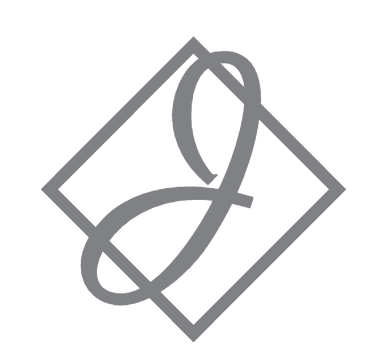And we're back! That is to say, JKM is back for a brand new year of brand new music and I'm back (in the digital sense) with a brand new resolve to post more consistently but seeing as my last post was from July...? Well that's embarrassing...regardless I'm back and look we'll just see how this whole consistent blogging thing goes ok?
So the new year has brought with it a whole heap of new students and I'm so excited to share my love of music with even more people! As I continue to grow as a teacher, I continue to develop new techniques and methods to suit my ever expanding student base. It really is the most fascinating thing, to learn how a student's mind works and figure out the best possible methods to help them learn. It's a bit like a puzzle, have I ever mentioned that I'm super into puzzles? Sudoku, crosswords, jigsaw puzzles, I'm all about it (what an exciting life I lead!) and fitting a new student with just the right method is no different. Sometimes I inherit students from a previous teacher, and I get to see someone else's methods in action. More often than not I learn a thing or two but very occasionally I see some habits that make my right eye twitch a little.
There are soooo many different ways to learn about music. Countless books/articles/YouTube tutorials on the subject and as I say to all my students, they're all correct. However, this doesn't necessarily mean they're right for you. As I've written before, I believe learning all comes down to basic understanding and practical experience. Just the other day I was sitting with a new student who explained to me she knows the basics of ukulele, but she doesn't understand them. If you don't have a basic understanding of your subject and you come across a problem you haven't encountered before, it's likely you won't understand the problem and will therefore be unable to fix it.
Some teachers use what I like to call the 'Show and Tell' method. This generally involves Showing you how to do something, and then Telling you how to do it. This works very well to develop memory-based learning but there's no critical thinking going on and if the student encounters a problem on their own they're not likely to know what to do. What I want from teachers is to 'Show and Explain'. Show me what's going on, and then explain what's going on. Give me the understanding to tackle problems on my own.
One example of the Show and Tell method. I was working in a music studio with various teachers who taught various instruments. There was an electric guitar tutor in the room next to mine who's main teaching method seemed to be shredding out some amazing riff and then asking the student to copy them. When the student (understandably) wasn't able to copy them he would simply say 'no not like that' and show them again. This would continue until the end of the lesson and the student would stumble out with no more knowledge than when they went in.
One example of the Show and Explain method. A friend of mine was teaching an absolute beginner the basics of guitar. The student was struggling to understand the concept of pitch, that you could have two E's for example, with one being a higher pitch and one being a lower pitch. The same note but different. It may seem like a fairly basic concept but if you haven't had anything to do with music why would you know this? The conversation went in circles for a bit until my friend showed them the same notes on a keyboard. With visual context, the student was able to understand the concept and move on.
This is true for just about everything. My ability to speak French improved 1000% once I stopped parroting phrases and actually learned what the individual sounds meant. I can now read French quite well, with my understanding of pronunciation and grammar and the little wiggly lines that sometimes appear above letters. Cooking is another great example, someone can bring you a chocolate cake, and you can eat the chocolate cake, but it doesn't mean you'll be able to make the chocolate cake.
If you're one of the world's naturally gifted bakers and you can figure out how to bake this cake without any help whatsoever then my previous point remains true, learning comes down to basic understanding and practical experience BECAUSE through practical experience you develop basic understanding. Boom! See what I did there?! Synergy.
So to sum up, there are heaps and heaps of different things to learn about music, and there are heaps and heaps of different ways to learn them, but the best place to start is understanding the basics. And what's another word for practical experience? Practice! Everyone's favourite thing. If you're a New Years resolution type, apply this method to just about anything and see how you go. I'll do my best with the blog and we'll keep an eye on each other. Happy new year!
-J
